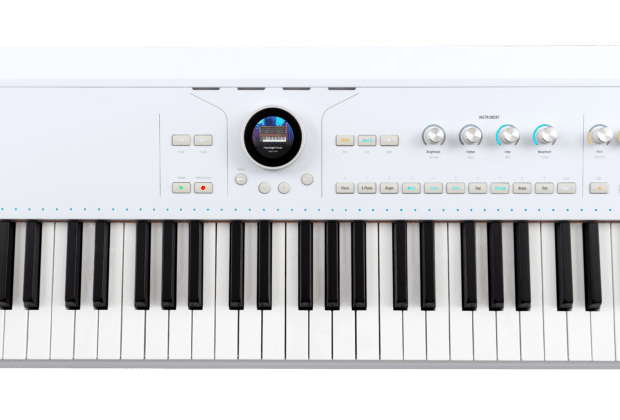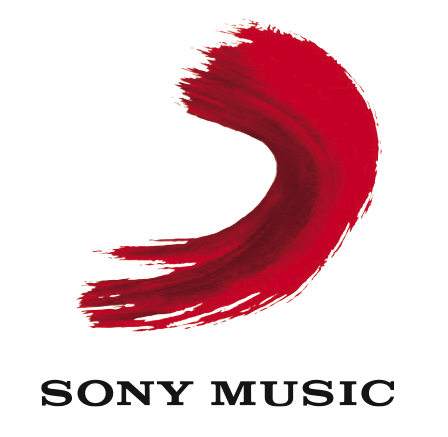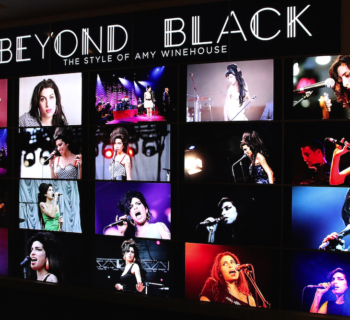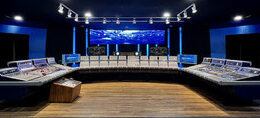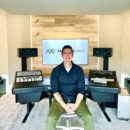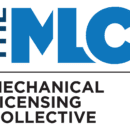Arturia just announced the release of AstroLab, their first-ever Stage Keyboard. MC recently had the opportunity to talk with Pierre Pfister, project manager for Arturia, to get his insights about the AstroLab project.
Music Connection: Tell me about yourself. What do you do for Arturia?
Pierre Pfister: I am a product manager. The role of the product manager at Arturia is to develop the idea of a product that we are going to start working on by interviewing users, making sure we identify features of a potential product that is solving people’s needs or people’s problems. Next, we figure out how we can address this problem and then we start to develop the concept for the product ultimately following through on the development from beginning to end, as well as come up with the marketing plan to promote it once the product has been launched. I have been working at Arturia for a while now, mostly on software products, but I have also worked on all the keylab products, our range of MIDI controllers. Right now, I am working mostly on Astrolab, which is a true milestone product for Arturia.
MC: I know this is Arturia’s 25th anniversary. Do you have any thoughts about that?
PP: I am quite amazed by the progress and how far Arturia as a company has come because when I arrived 10 years ago at Arturia, we were a team of maybe 20 or 25 people. Back then, nobody knew about Arturia like they do now. Every time I was talking with some musicians, most of them did not know who the company was. Now, every time I meet people, and I tell them I am from Arturia, everybody knows about Arturia, which feels great.
These days, when we go into the field trying to meet users, we feel like everyone is using our products. Our AnalogLab and the V Collection are definitely some of the most frequently used pieces of software in the industry. In general, everybody that is making music nowadays uses at least some of our products.
MC: What exactly is AstroLab?
PP: AstroLab is Arturia’s stage keyboard. It’s an innovative and quite groundbreaking stage keyboard because it doesn’t rely on samples, unlike most of the stage keyboards on the market, AstroLab uses all the emulations that we’ve worked on for the past 20 years, making it possible to have more than 30 instruments, this includes everything from pianos, to expertly sampled analog synthesizers all in a single keyboard. With AstroLab you have an amazing amount of power and a huge range of high quality of sounds to work with.
MC: How is AstroLab different from your other keyboard controllers that Arturia has released in the past?
PP: AstroLab is not a controller. The thing to keep in mind is that it is producing its own sounds, which is what makes it so powerful. You have all the sounds built into AstroLab, so you can go on stage without the need for a computer, which is something that is new for Arturia. That said, AstroLab also works great as a MIDI controller because it is designed to be fully integrated with AnalogLab whenever you are working on your computer. AstroLab is designed to be used in the studio as much as using it on stage.
MC: Can you tell me about the core set of sounds that is included with AstroLab?
PP: AstroLab has more than 1,300 premium grade sounds built into the keyboard. The sounds range from bread and butter sounds to classic emulations of vintage synthesizers. AstroLab delivers all the classic keyboard sounds that you will need when you are playing live on stage. Pianos, e-pianos, organs and more are all there as well as more classic synth patches and a full range of iconic Pads. We also have a lot of tribute sounds built into AstroLab from famous artists and keyboard players. This is great for all those musicians out there that are going to play in tribute bands or even people that have listened to all the classic keyboard sounds and they want to access them for their own music.
MC: I understand that AstroLab has full integration with AnalogLab and that AstroLab comes with 22 gigabytes of user onboard storage, to load your own sounds.
PP: Correct, you have 22 gigabytes of user storage available in AstroLab. Most of the sounds we have are presets which in terms of memory are very small, just a couple of megabytes for each of the presets. This means you can have thousands of presets on the unit with room to spare. Where you are going to have to be careful is when you start to use sample-based sounds which will take up a lot more memory. But for now, most of the synthesizers and pianos that we have are physical or circuit modeling. Also, we will be adding increasingly sample-based products soon after Astrolab is released. We have the augmented strings and augmented pianos, augmented woodwinds libraries planned to be integrated into Astrolab in future firmware updates.
It is super easy to customize your own sounds on AstroLab and create layers and splits and things like that. On Astrolab, it is easy to quick edits and adjust typical when you are rehearsing or jamming with your friends.
MC: Can you tell me a little bit about AstroLabs’ DAW integration? For example, I use Pro Tools. Are you able to set it up as a MIDI controller?
PP: Yes AstroLab is going to work for most applications as a MIDI keyboard. You can send MIDI control changes with the eight knobs on the front of the keyboard and you can assign those CCs to some of the typical DAW parameters if you want. AstroLab is designed to be integrated seamlessly with AnalogLab our flagship sample based software instrument.
MC: Let us go back and talk about the user interface of AstroLab. I see that all the controls are streamlined for live performances, you can load like songs and set lists and things like that. Can you elaborate on that?
PP: Setting performance playlists in AstroLab is super easy. Your playlists are going to be a list of songs and for each song, you can have up to ten presets that are directly accessible on the front of the keyboard. The preset buttons just above the keyboard that you can click to load any of the ten presets of each song. You can have as many songs as you want and for each song, you have 10 presets. So, it is quick to go from one song to another and in each song to use up to 10 presets very quickly, to switch between the 10 presets very quickly.
MC: At launch, you are going to have a 61 version, key version of Astrolab. Are there 49 and 88 versions of Astrolab planned also?
PP: We are working on the other versions. I do not have info I can really share about when they would come out.
You can find out more about AstroLab, AnalogLab and other Arturia products
at arturia.com.

